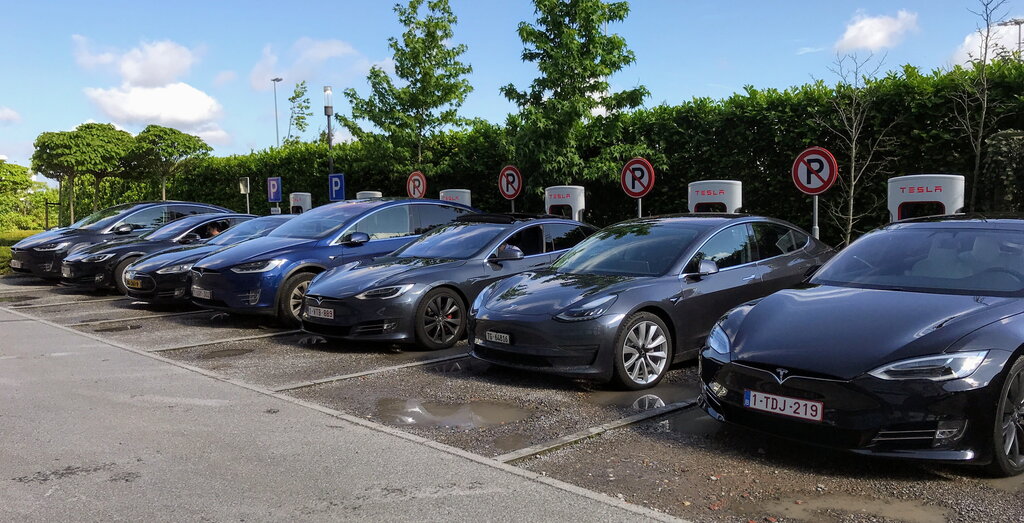The ongoing fuel shortage in the UK and long queues at petrol stations are driving motorists to make the switch to electric vehicle technology.
—
What is Happening?
- The UK is currently in the midst of a fuel crisis, and has seen motorists all over the country panic buying gasoline since last week.
- Enquiries for electric vehicle technology have surged as car owners grew more fed up dealing with long queues at petrol stations.
The UK fuel supply crisis, which was triggered by a shortage of qualified truck drivers and fuel shortages, has sparked widespread interest in electric vehicles.
Since Friday, September 24, scenes of chaos can be seen in parts of the UK as people panic buy gasoline, with many petrol stations running dry. Fortunately for electric cars owners in the country, they were not directly affected by the crisis, propelling many petrol car owners to make the switch.
Over the past week, a large number of electric vehicle dealers experienced a rise in inquiries and sales, according to EVA England, a non-profit representing new and prospective EV drivers. Car marketplace carwow also reported searches for EVs increased during the crisis and soared by 56% on September 26 alone.
Some drivers might be looking for a quick solution to avoid long queues for the moment, but as the UK government continues to push for an electric vehicle transition, including a pledge to ban on all new fossil-fuel powered cars by 2030, the ongoing fuel crisis could prove to be a trigger point for many British motorists to make the change.
The EV market has been progressively growing over the past year. The Society of Motor Manufacturers and Traders reported “bumper growth” in the sale of plug-in cars in July, with battery electric vehicles comprising 9% of sales. More electric vehicles were registered than diesel for the second consecutive month as well.
As part of a larger transportation strategy, the British government has made plans to invest £1.3 billion in on-street EV charging stations and to install 150,000 across homes, public roads by the middle of the decade. Expanding the infrastructure to support electric vehicles would encourage more drivers to swap out their petrol cars.
While the fuel crisis is slowly abating, Warren Philips, the volunteer communities director at EVA England, believes the sudden interest in EVs will not be a one-time event. He said to the Guardian: “The interest is already there, [the fuel crisis] just adds to it. And going forward with things like COP26, with the climate crisis, with the cost of fuel probably going to rise … people will start looking at electric cars where you just skip that entire step.”
You might also like: 7 Misconceptions About Electric Vehicles
Featured image by: Pxfuel


















